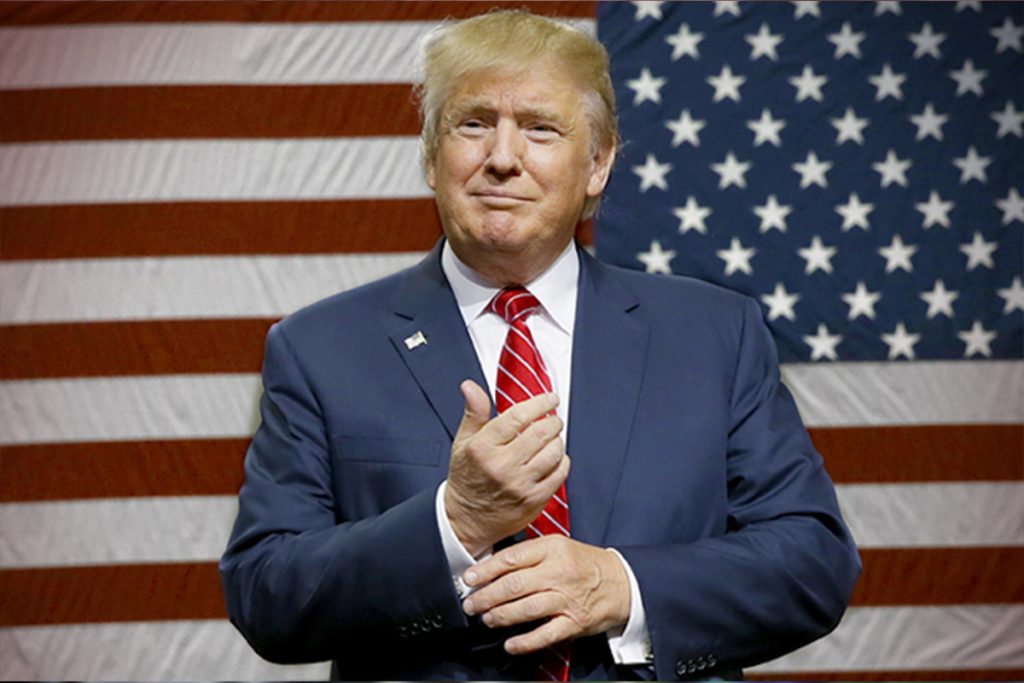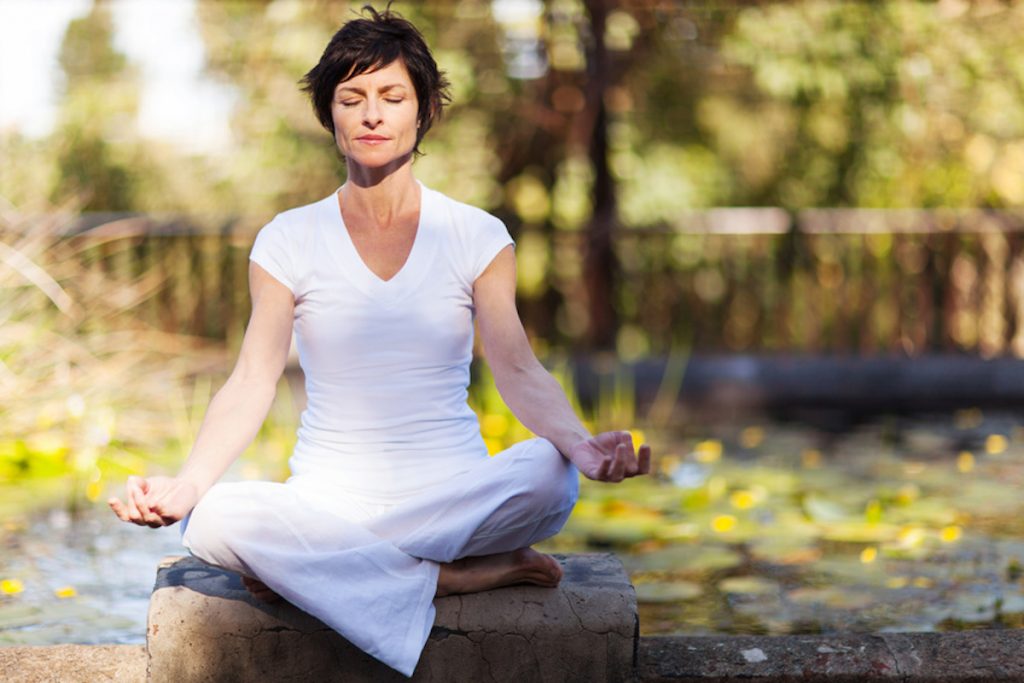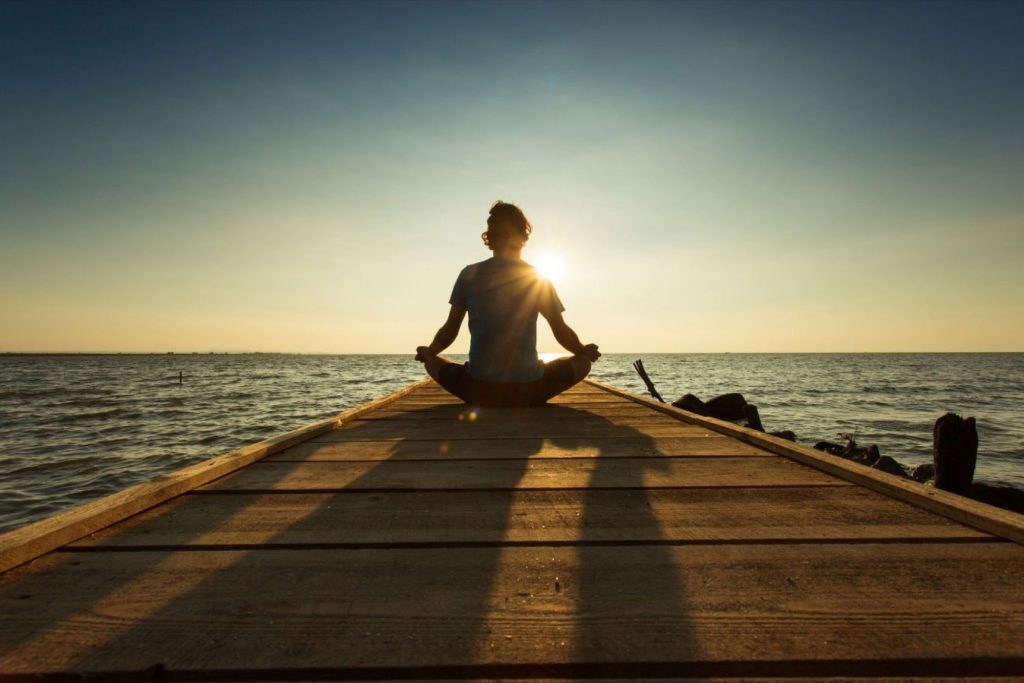
It’s been just over a week since a Texas church shooting claimed 26 innocent lives, and already we can see the incident fading from the news. It will go down in history as yet another mass shooting in the USA, just one part of a wider trend where mass shootings are becoming more frequent, and resulting in a greater number of fatalities. As the USA faces this reality, many have begun to ask, is gun violence a mental health issue?
At the time of writing, there has been 389 mass shootings in the United States this year, including the most lethal in US history. Taking place at a Las Vegas country music concert in October, this senseless, apparently motiveless bout of violence left 58 people dead and 546 injured.
This came only a year after the murder of 49 people and injury of 58 others in a gay nightclub in Orlando, apparently driven by the killer’s extreme religious ideology and violent homophobia. It later emerged that this was likely to have been borne from his own homosexuality and the shame he attached to it; but whatever the source, his personal issues manifested themselves in the most destructive way possible.
The incident in Texas has once again prompted all the usual questions about gun control, American culture and male alienation (considering that these incidents – and other terrorist acts – are almost exclusively carried out by men), but a statement from President Trump has more firmly than ever pushed the issue of mental health to the centre of this problem.
During a press conference in Tokyo, Donald Trump said:
“I think that mental health is a problem here. Based on preliminary reports, this was a very deranged individual with a lot of problems over a very long period of time.
“We have a lot of mental health problems in our country, as do other countries, but this isn’t a guns situation … we could go into it but it’s a little bit soon to go into it. Fortunately somebody else had a gun that was shooting in the opposite direction, otherwise it wouldn’t have been as bad as it was, it would have been much worse.
“This is a mental health problem at the highest level. It’s a very sad event … these are great people at a very, very sad event, but that’s the way I view it.”
Mental Health and Gun Violence
However, not everyone agrees that it’s mental health at the heart of mass shootings in America. Lisa Gold, a forensic psychiatrist at Georgetown University of Medicine and editor of the book ‘Gun Violence and Mental Illness’, believes the concept \”is all a red herring\”, and that \”the vast majority of mass shootings are not committed by the diagnosable mentally ill, no matter what politicians try to suggest.\”
Many us of probably winced at the use of the outdated and loaded word “deranged” in Trump’s statement, especially considering that those who suffer with mental illnesses are more likely to be the victims of violence than the perpetrator of it. When Trump spoke, no diagnosis suggesting mental illness had come to light regarding the killer, which perpetuated a unhelpful habit of “armchair diagnosis”.
Ironically enough, this is something Trump himself is regularly subjected to, being ‘diagnosed from a distance’ with everything from sociopathy to Narcissistic Personality Disorder. It makes a certain amount of sense that a happy, well-balanced individual is very unlikely to open fire into a crowd of people, but it is extremely simplistic to write gun violence off as a “mental health problem at the highest level”.
Like many countries, America is struggling to cope with the rising numbers of people suffering with mental health issues, and people find it difficult to get the comprehensive support they need. A maelstrom of economic, social and cultural factors appear to be making many of us in the Western world unhappier.
However, the number of unhappy or mentally unwell people who go on to commit violent acts is still vanishingly small. It becomes even smaller once you leave the confines of the USA, which plays host to 31% of the globe’s mass shootings despite accounting for only 5% of the total population. It’s strikingly clear that the roots of gun violence paint a far more complicated picture than Trump would like to suggest — and that gun violence is something peculiarly embedded in the culture of the USA.
It is also interesting to note that other acts of mass violence – in particular, those motivated by Islamic fundamentalism – are rarely framed as potentially resulting from a mental health problem.
Violent Personal History
It did later emerge that the Texas church shooter was deeply troubled, having escaped from a mental health facility earlier in his life. But perhaps most pertinently, he was able to obtain a gun despite convictions for violent behaviour towards his family, including holding a gun to his ex-wife’s head and fracturing the skull of her child.
His domestic violence record should have barred him from buying a gun by Texas law, but an oversight in this case has had tragic consequences. The need to perform comprehensive background checks has never been more clear; especially as domestic violence, which is horrifying in its own right, can be a precursor to even more serious crimes, such as murder (or in this case, mass murder).
At least three women every day are killed by a partner or ex-partner in the USA. In the church shooter’s case, it appears that feelings towards his mother-in-law may have partly motivated his crimes.
Gun Control
As Trump alluded to in his statement, the church shooter was slowed down by “a gun pointing in the other direction”. An armed citizen shot him in the arm and torso, and he ultimately took his own life. The idea that US citizens with guns can protect themselves from “lone wolf” attackers who open fire on innocents is a well-worn linchpin of pro-gun arguments.
The Texas Attorney General, Ken Paxton, cemented this idea further with his own suggestions; that churches should be hiring armed security, and parishioners should carry guns to services. This followed the 2015 church shooting in which a 21-year-old white supremacist murdered nine people at a Charleston congregation. The theory goes that if everyone has a gun, then everyone will be safer.
After a lifetime of believing this very thing, the guitarist who was playing when the Vegas shooter opened fire into the crowd in Las Vegas has changed his mind.
For many people, what Caleb said makes a lot of sense. How would the police be able to distinguish between attackers and defenders? If it seems counterintuitive that more guns will solve anything, that’s because it probably is. If someone with a semi automatic weapon decides to suddenly open fire on a school, the likelihood is they will do an awful lot of damage before a gun-toting teacher gets a chance to eliminate the threat.
Most Americans support stricter guns laws, but those who don’t are far more vocal and engaged on the issue than those who do, and there is a powerful pro-gun lobby in the USA. This is why, to his visible frustration, Barack Obama found it nearly impossible to impose even small changes in the law.
One of the issues is that, for many US citizens, gun ownership is tied up with ideas of freedom and self-defence. If the population are well-armed, then they can overthrow a tyrannical government, or defend themselves against the kinds of people who have wreaked havoc in locations such as Texas, Orlando and Las Vegas.
However, given that the US government is in possession of weapons far more destructive than any firearm and well placed to resist a popular uprising, and the unpredictability of those “lone wolves” intent on killing as many people as possible, guns offer more of an illusion of control than anything real. Perhaps it’s no surprise that in a world where we can feel so out of control of our own lives, this illusion has become so cherished by so many.
The Simple Solution
The unfortunate truth is that, despite Trump’s protestations, this is “a guns situation”. It’s also tied to mental health, American culture, domestic violence, racial tensions, white supremacy, violent misogyny, religious extremism, homophobia, alienation and a thousand other factors. Such a tangled and labyrinthine problem cannot be solved overnight.
But the one thing the USA can change immediately is its gun laws. Culture, belief systems and people are complicated, and we lack any short-term answers to societal factors that have been hundreds of years in the making. This means that limiting access to guns is the simplest and most obvious solution – but one that, unfortunately, still looks a long way from being enacted.

The Benefits of Beeja Meditation
- Reduce stress and anxiety
- Greater clarity and calm
- Increase focus
- Enhance relationships
- Sleep better
- Feel energised



